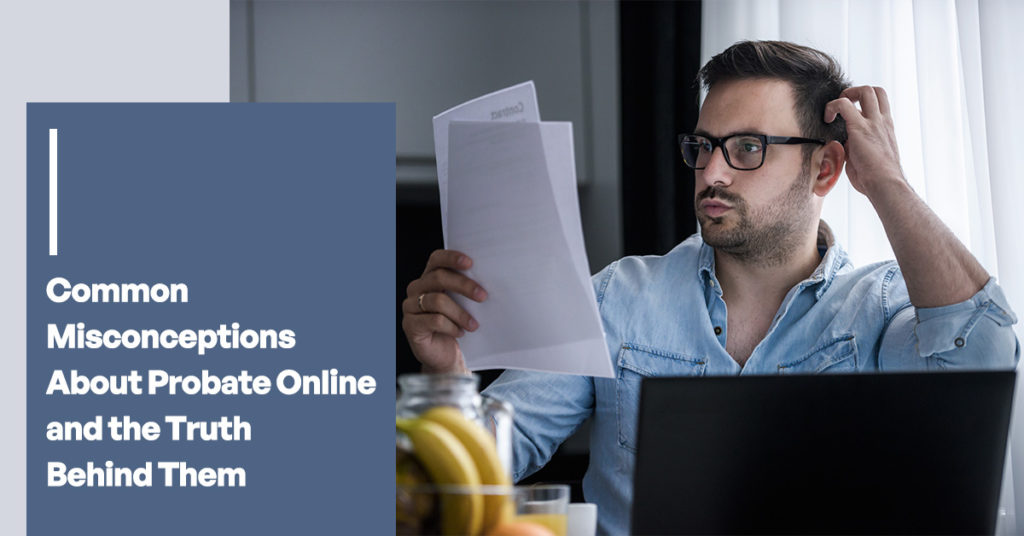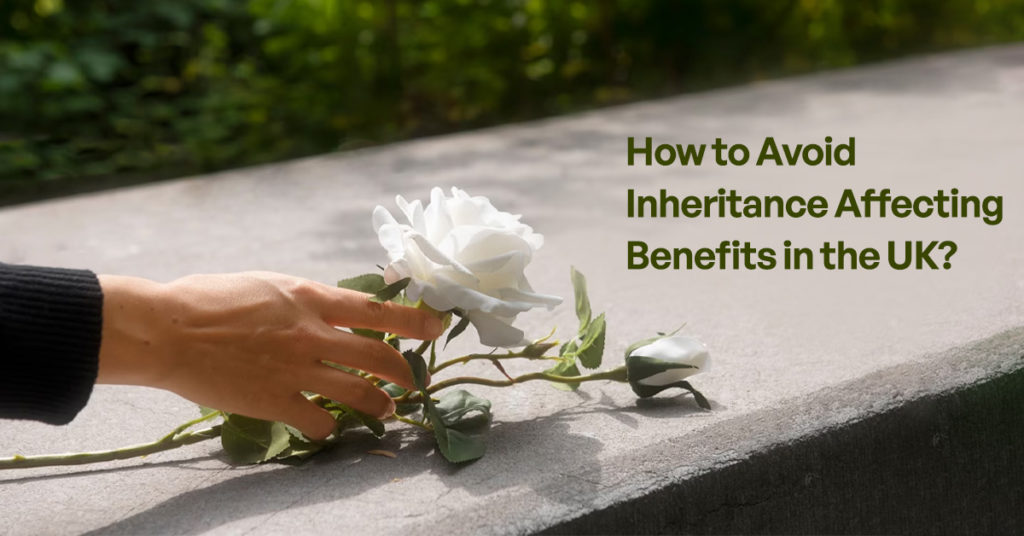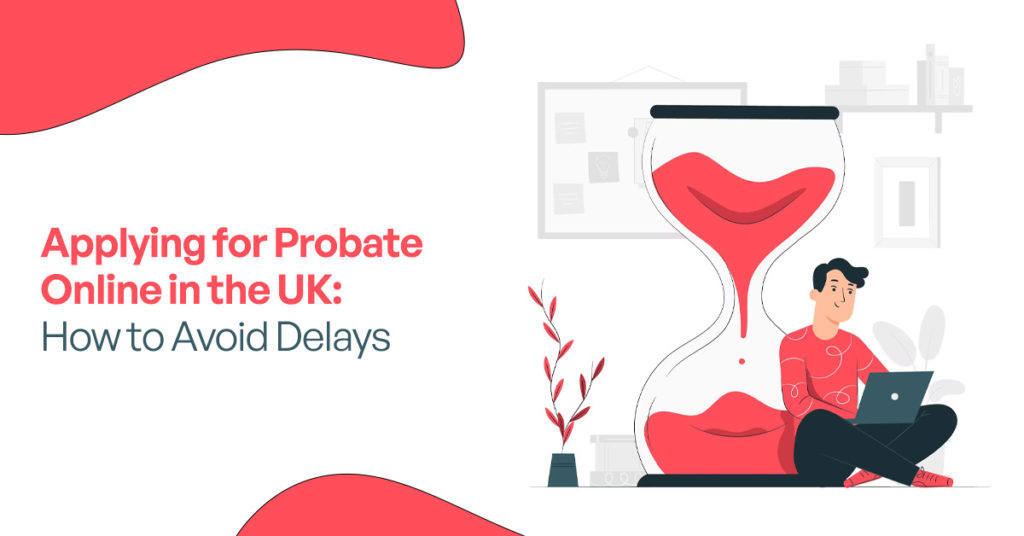
It’s never easy having someone close to you die, there is a lot that goes through your head and dealing with their passing can take a great deal of time. This process is made even harder thanks to some of the logistical issues that are thrown up when a loved one passes. For instance, if you have been named as the executor in somebody’s Will, then you will be responsible for valuing their estate, settling the necessary outstanding liabilities and distributing the remaining assets accordingly.
One of the things you will need if you have been appointed the executor and want to start completing your duties within the Will is a grant of probate. This can be relatively difficult but there are now websites available such as Probate Online that can help smooth out the process. There are many misconceptions which surround obtaining a grant of probate and also obtaining a grant of probate online. Misconceptions about Probate Online are going to be discussed in more detail below and you must familiarise yourself with them to make the whole process as smooth as it could possibly be.
Why Don’t People Like the Topic of Probate?
Probate tends to be a topic that a lot of people aren’t keen on thinking about. This is because the process is conceived as being complicated and it conjures up different images of Dickensian-style courtrooms, elongated Will readings and complex legal procedures. The reality is actually a lot different. Getting a Will doesn’t need to be a complex process, in fact, these days it is so straightforward that it can be done online. There are a lot of misconceptions surrounding the process and these are going to be discussed in more detail below.
Common Misconceptions
So, what are some of the most common misconceptions about obtaining probate?
- It Only Refers to a Single Thing
There tends to be a lot of confusion surrounding what probate actually is in the first place. This is fair enough given the world refers to two different things, which are:
- A grant of probate; and
- The entire process needed to wind up an estate, from the initial assessment, valuation and selling of assets.
A grant of probate is a document that you, as an executor, will need to obtain which proves that you have the legal authority to administer an estate. You can apply for one of these online on Probates Online, where experts will be happy to guide you through the process and make obtaining your grant as simple as possible.
- You Always Need Probate
There are a lot of situations where it is going to be necessary for you to apply for a grant of probate, but that doesn’t mean that this is necessarily going to be the case all of the time. The same applies for working online, even though the process becomes simpler, that doesn’t mean that you necessarily need to do it when distributing every kind of estate. Some of the circumstances in which you might be able to administer an estate without worrying about applying for probate include:
- The assets which belong to the estate are owned jointly with somebody who is still alive.
- There isn’t any property owned by the estate.
- The total amount of money contained within the estate is relatively small and banks and building societies have indicated that they will be able to release said funds without seeing a grant of probate.
It’s worth noting that if there is property contained within the estate then you are definitely going to need to apply for a grant of probate. You are also going to need to apply for probate if the bank or building society where the deceased keeps money has indicated that it is going to be necessary to do so. This is the case even if the money contained within these accounts is relatively small, the decision is the banks and this varies depending on which one you’re working with.
- There’s No Need to Obtain Probate If There is a Will in Place
It doesn’t matter whether or not there has been a Will left for the estate, though this will impact certain parts of the administration process, obtaining probate isn’t one of them. You need to apply for probate regardless of whether or not there is a valid Will in place. If there isn’t a Will then the only difference will be that the Grant of Probate will be referred to as Letters of Administration, which do the same thing.
- Anybody Can Apply for Probate Online
Only certain people have the right to administer an estate and as such, this means that only certain people have the right to apply for Probate as well. This is the case if you apply physically and if you apply online. There is a common misconception that anybody can apply for probate online but this is simply not the case. The only people who have the ability to apply for probate are people who have been named in the Will as an executor.
Alternatively, if a valid Will has not been left then there are still specific rules which impact who can apply for letters of administration. The closest relative to the deceased should be the only one who can apply for Letters of Administration.
Why You Should Use Probates Online
As can be seen above, the process of obtaining probate can be complex, in small part thanks to the number of misconceptions that surround it. As such, you should consider working with experts who are going to be able to guide you along the way, such as those at Probates Online. Our team will discuss your situation with you and provide advice on the best way that you can move forward. If you have any questions or require any further information then do not hesitate to get in touch and we will be able to help.








